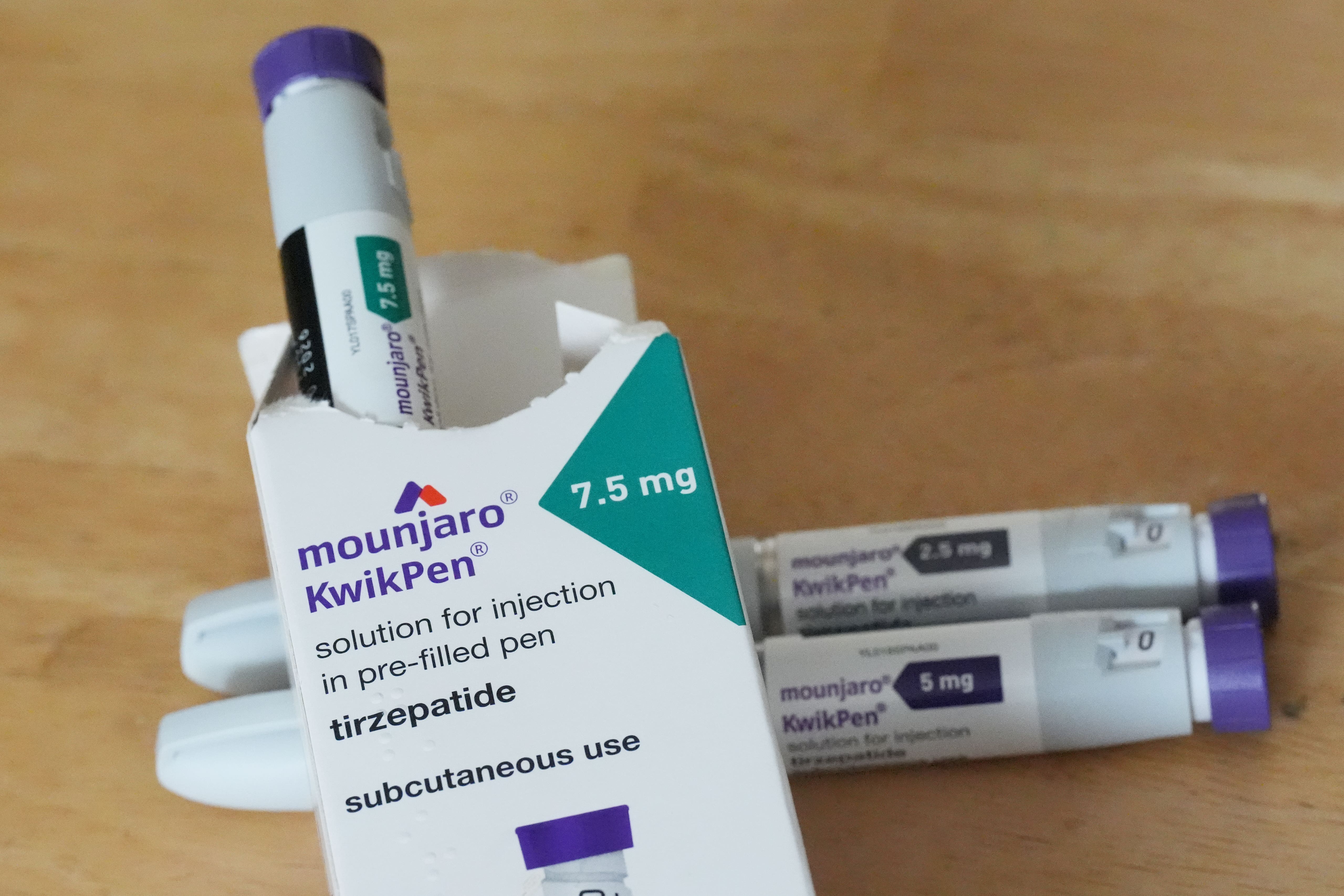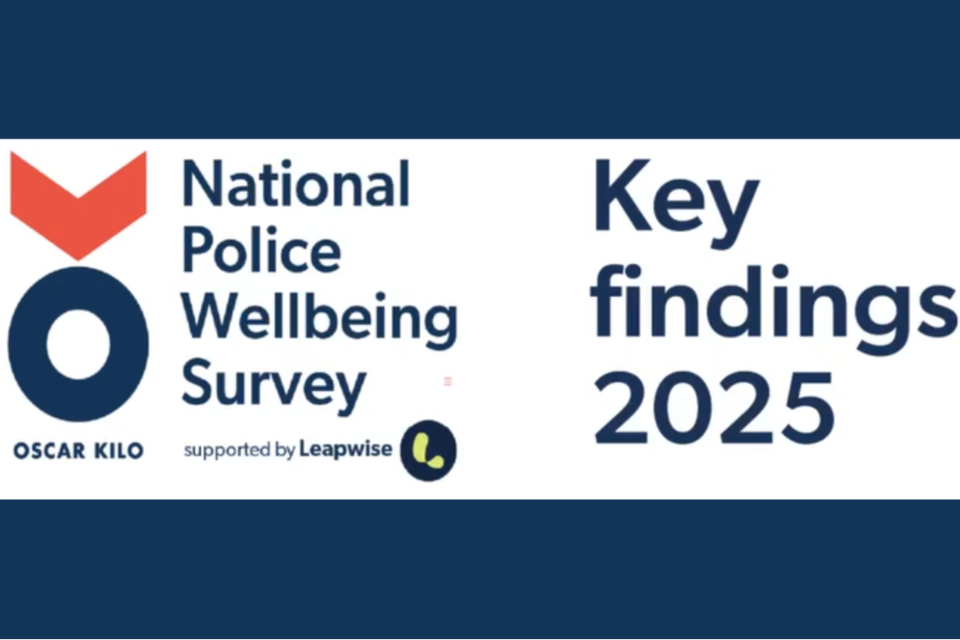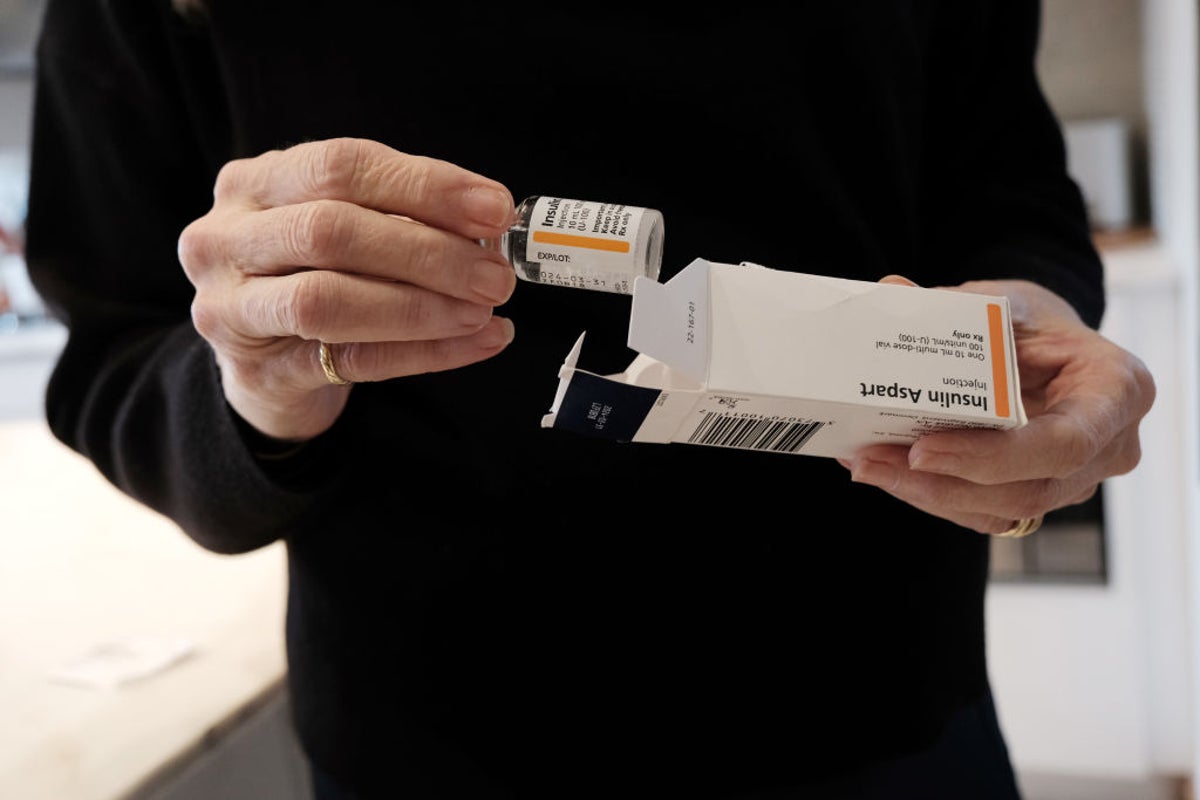Weight-loss drug manufacturer Eli Lilly has taken aim at the government, claiming that the UK is “probably the worst country in Europe” for medicine pricing.
Dave Ricks, chief executive of the firm that makes Mounjaro, told the Financial Times that the UK pays less than other nations for its products, and added: “Unless that changes, I don’t think they will see many new medicines and I don’t think they will see much investment.”
The comments come amid a spate of disappointing announcements from pharmaceutical firms, including Merck withdrawing from a planned $1bn (£740m) research hub and London-listed firm AstraZeneca pausing investment on a £200m site in Cambridge.
Eli Lilly is a $700bn US-based company that, alongside the diabetes drug Mounjaro, manufactures a wide spectrum of products that include treatments for obesity, autoimmune disease and Alzheimer’s.
Part of the dissatisfaction expressed by Mr Ricks is around the Voluntary Scheme for Branded Medicines Pricing, Access and Growth (VPAG), under which pharmaceutical companies pay part of the money they make from drugs sales in the UK back to the NHS.
Mr Ricks said the scheme charges companies “for their own success” and that he “would like to get rid of the clawback scheme called VPAG”.
The Association of the British Pharmaceutical Industry (ABPI) said in August that talks had taken place but that “industry and government have been unable to reach an agreement” on any changes.

Eli Lilly raised the price of Mounjaro in the UK this year by up to 170 per cent for those who buy it privately.
“What we had seen is people taking trains from Paris to buy UK Mounjaro,” Mr Ricks explained. “That doesn’t make a tonne of sense for us.”
Earlier this month, following Merck’s decision to end its UK expansion plans, a government spokesperson said there was more work to do to change the landscape in sciences, which the government has identified as a key pillar for industrial growth.
“The UK has become the most attractive place to invest in the world, but we know there is more work to do,” the spokesperson said. “Through our life sciences sector plan, we’re taking decisive action to further unlock innovation, drive investment and boost growth.
“We have already started delivering on this work from investing up to £600m in the Health Data Research Service alongside Wellcome, through to committing up to £520m to the Life Sciences Innovative Manufacturing Fund, unlocking billions in private investment.”
The UK’s life sciences sector is worth an estimated £100bn, supporting more than 300,000 jobs in total.



